These past couple of weeks have been extraordinarily bizarre. On Wednesday April 19th, 2017, I found out that Will H. Moore had taken his own life. This pained me beyond what I imagined it would. I wasn’t Will’s closest friend by any measure. We had talked at several ISA’s, he had always been incredibly sweet and kind to me, and he asked me tough questions, both in person at ISA and online on Twitter, which made me reflect and rethink the way in which I approached my research. But more than anything, I saw Will H. Moore use his privilege to protect younger, up-and-coming, and vulnerable scholars. This made me admire him quite a lot, and I regret that I never actually told Will to his face how much I valued him and appreciated his contributions to political science, international relations, and the global community.
This was the last photo I took of @WilHMoo when he was giving a Duckies' talk at #ISA2017 pic.twitter.com/Gze6NiTo5V
— Dr Raul Pacheco-Vega (@raulpacheco) May 3, 2017
Others have written beautiful tributes to Will which you should read (here’s a sampler on the Duck of Minerva), and I stand in solidarity with all of those who were his students, family, friends, colleagues, coauthors. I was simply yet another member of the IR community he knew, and yet he made me feel like I was somehow a friend of his.
I felt a huge amount of “survivor guilt” this past week, and early this week. I had been enjoying my research, I had been really feeling like my work was moving forward, and then all of a sudden I also felt a huge amount of guilt. I, like many others who were much closer to Will, was mourning. Did I have a right to feel happy about my work and how my research was going? I felt that it was inappropriate. I almost felt guilty about being happy about my work, given that it hadn’t been that long since Will had passed away.
From the moment I found out about Will’s passing, I was unable to work well for a week. I was really discombobulated. I had JUST seen Will, and talked to him, in February of 2017 at the International Studies Association conference. I did some work, but it was limited, and I felt a terrible sense of loss. I was very angry. I have been very angry. Angry at the fact that academia puts an inordinate amount of pressure on professors and students. Angry at the fact that we are incredibly ill-equipped to help those dealing with mental health issues. Angry at the fact that I never got to tell Will how much I admired him. Angry at the fact that a mentor to many, someone who used his privilege to protect others, was no longer with us.
Now that a few days have passed and that I’ve had a chance to process my emotions, I feel that I should do something that I think Will would have liked. I’m going to describe how I plan to live my life moving forward. I had already been an advocate for destigmatization of mental illness, and a champion for a more human, humane academia. Will’s passing reignited my passion for this advocacy. So below, in tweets, is my manifesto for how I plan to Will H. Moore-it forward.
Rest in peace, Will.
I will NOT over-exert myself beyond my physical limits. I will NOT compromise my health for the pursuit of my scholarly goals/career.
— Dr Raul Pacheco-Vega (@raulpacheco) April 28, 2017
I will NOT let my students, coauthors, lab team members and research assistants be careless about their own well-being. I will be there.
— Dr Raul Pacheco-Vega (@raulpacheco) April 28, 2017
I will prioritize what is important to me (my health, my family, my friends) and will work HARD, but not to the detriment of my loved ones.
— Dr Raul Pacheco-Vega (@raulpacheco) April 28, 2017
More importantly, and that goes for those who criticize me for speaking out against overwork and for mental health destigmatization:
— Dr Raul Pacheco-Vega (@raulpacheco) April 28, 2017
I WILL NOT SHUT UP. I will continue to advocate for a more empathetic, and humane academia. I will continue to support those at the margins.
— Dr Raul Pacheco-Vega (@raulpacheco) April 28, 2017
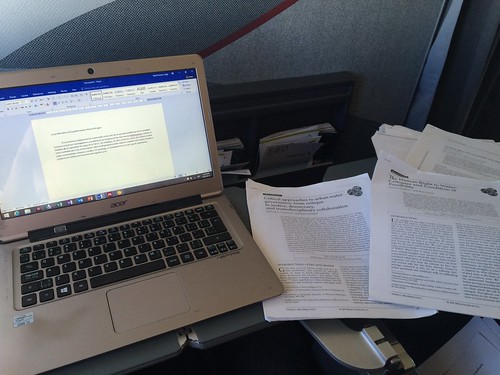
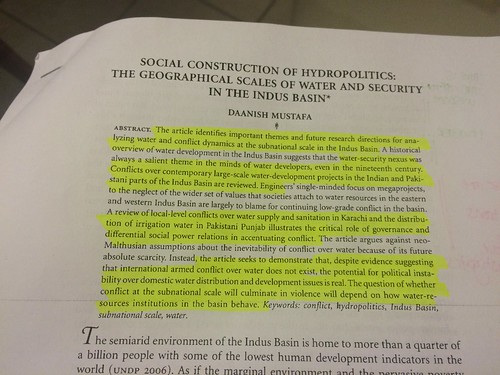
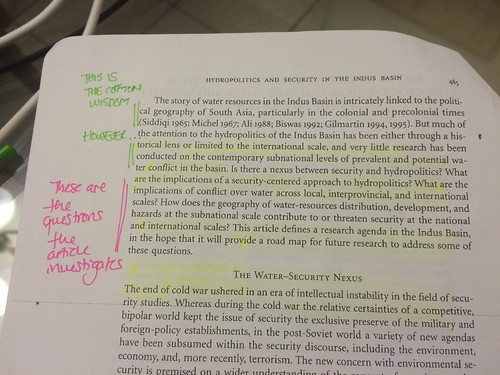
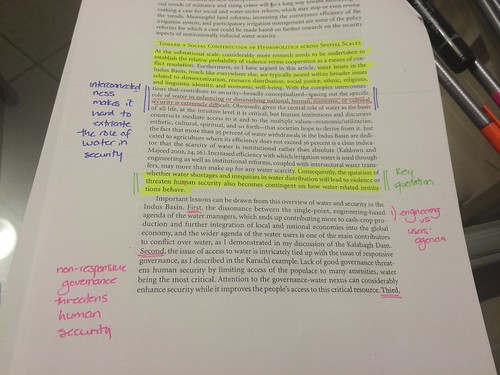
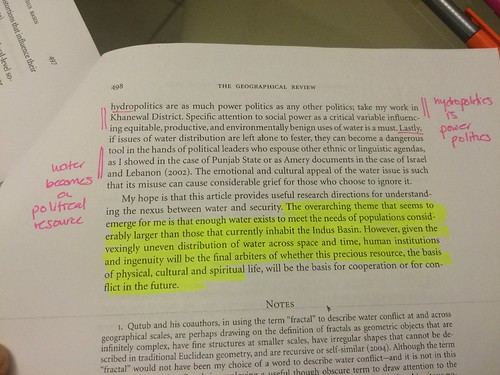
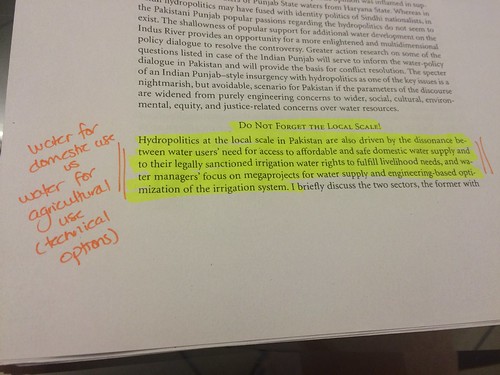

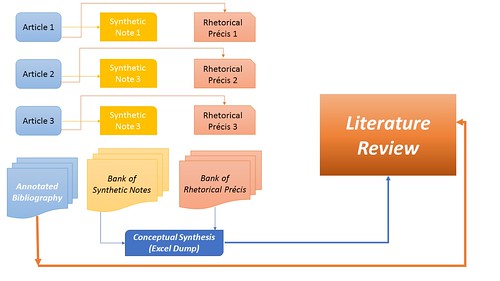
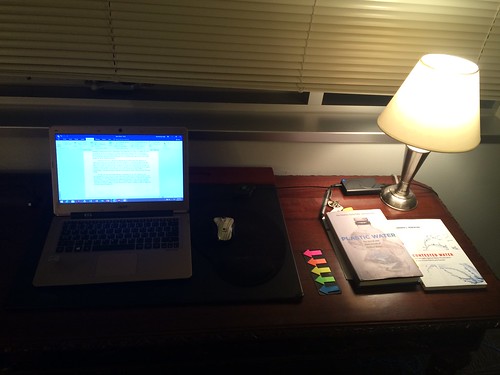
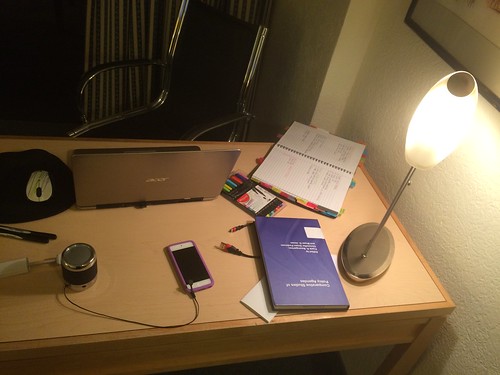
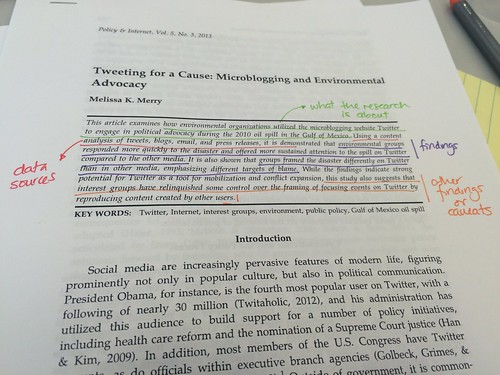
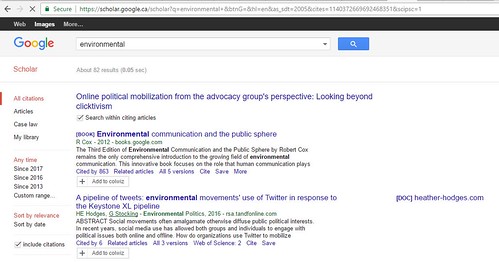
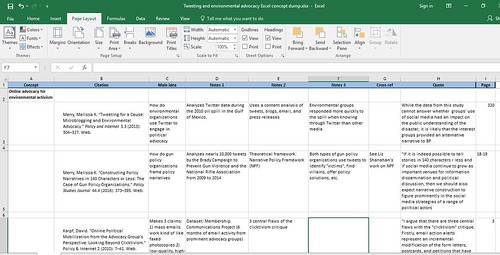

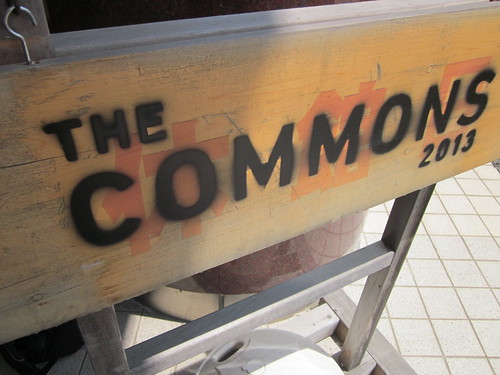
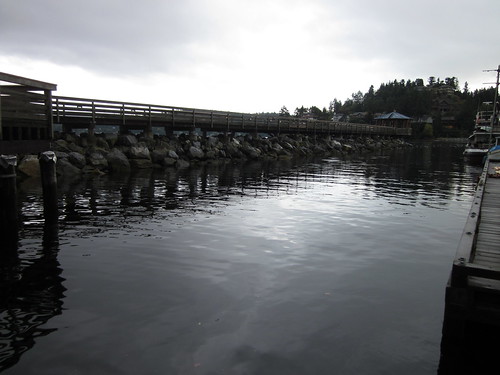
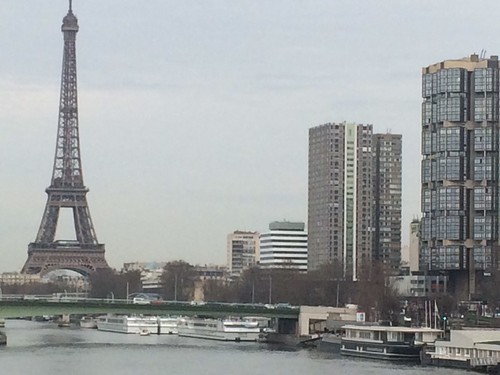
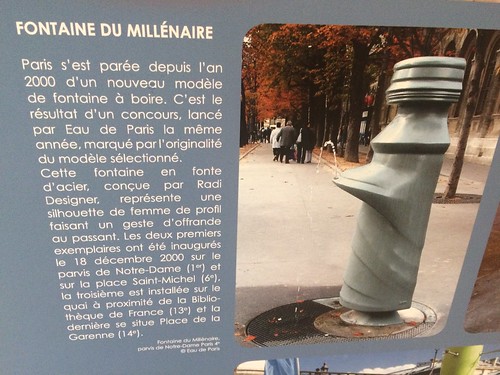

Recent Comments